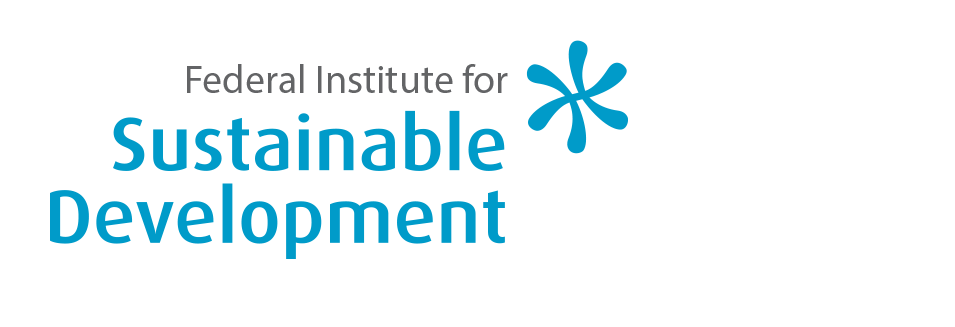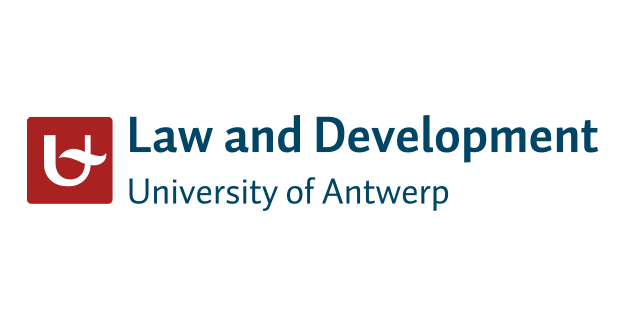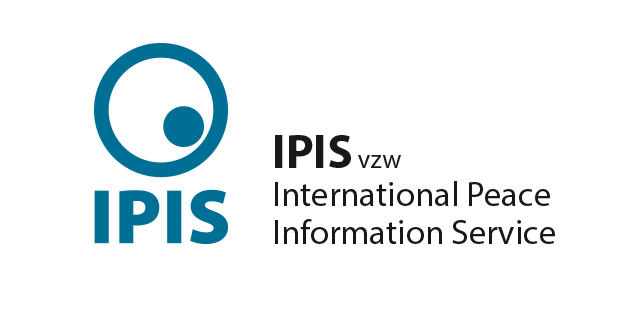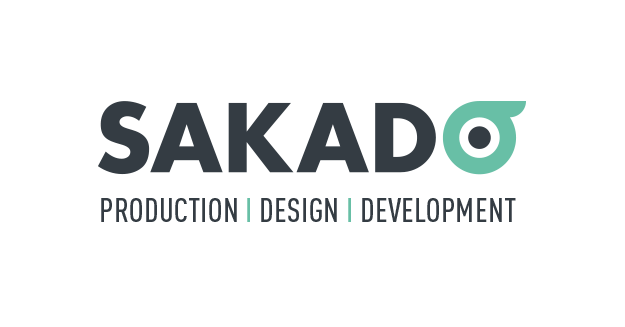4 State relationships with organisations
How can the state comply with human rights obligations?

As the state is the main party responsible for the respect, protection and fulfilment of human rights of all persons in its jurisdiction, it has concrete duties derived from the international and national rules and standards. The state must take the necessary measures to prevent the actions or omissions of its agents or of private organisations and persons from causing adverse human rights impacts. These obligations can be concretised through policy, legislative, administrative or adjudicative actions. Some concrete actions are referred to in guidelines and general comments of UN agencies. Some of them are summarised below:
- The state must: In relation to its own entities and agents,
-
- ensure that they know and comply with human rights obligations of the state when they perform their own activities by informing, training and permanently supporting them.
- verify that its policies, arrangements and agreements do not affect human rights negatively. If necessary, the state should request and perform human rights impact assessments to identify actual or potential conflicts between these policies and agreements with human rights law. If the impact assessment identifies a risk of adverse human rights impacts, the state should take the necessary measures to address the adverse impact.
- adopt the necessary legislative, administrative, or adjudicative measures to protect human rights and to grant effective remedies. grant economic incentives or enter into agreements with private organisations only when they are compatible with its human rights responsibilities.
- oversee these activities during the whole period of execution.
- revoke licences, subsidies, insurances, economic incentives, public procurement contracts, export credits and other forms of state support when there is evidence that they are related to human rights violations.
- address compliance and information gaps, when necessary.
- fight against corruption.
- enforce human rights compliance in PPPs and privatisation processes by guaranteeing universal coverage, continuity and affordability of the service and user participation.
- protect intellectual property rights without violating other human rights, such as the right to enjoy the benefits of scientific progress; access to essential medicines or to productive resources; or the right of indigenous peoples to their traditional knowledge and genetic resources.
- ensure that the development cooperation agencies, related ministries, export finance institutions etc. implement the necessary mechanisms to verify human rights and humanitarian law compliance of their activities and of the activities of organisations supported with public resources. This can be done by elaborating check lists or indicators, or by constructing databases that public and private organisations can consult to identify relevant human rights at risk, risk zones and potential partners.
- The state must: In relation to private organisations,
-
- regulate the activities and human rights duties of private organisations active in its jurisdiction and enforce compliance when it is not voluntarily respected. One option can be by requesting human rights due diligence and/or impact assessments to identify, prevent and mitigate the risks of violations of human rights before granting a licence, a label or an economic incentive. This can be extended to the value chains of these organisations.
- oversee and control the compliance of organisations and actors with their human rights obligations.
- provide access to knowledge and information on human rights compliance mechanisms.
- respect the interests of organisations, but within the parameters of international and national human rights rules and standards.
- assess the impacts of the activities of private organisations on local communities and guarantee stakeholders’ participation.
- intervene when the activities of private organisations are at high risk of causing serious adverse human rights impacts. For instance, restricting goods and/or services that can harm consumers, establishing a decent minimum wage; prohibiting gender discrimination, etc.
- promote organisations’ implementation of reporting instruments that explicitly include information about actual or potential risks of adverse human rights impacts and how they are addressed. These reporting systems should in turn protect data protection regulations.
- support organisations in performing stakeholder consultation, due diligence and impact assessment processes when they operate in conflict zones; provide reinforced guidance to organisations about their duties and the risk of perpetrating gross human rights violations.
- forbid and revoke state support to organisations involved in gross human rights violations and establish complaint mechanisms to receive feedback from actual or potential affected persons.
- The state must: In relation to other states:
-
- respect the policy space of other states to comply with their own human rights duties in the negotiation and conclusion of international agreements.
- cooperate with host states of organisations headquartered in Belgium when they are not able to ensure oversight of human rights, to ensure that these organisations are not involved in gross human rights violations. This cooperation can be implemented through regulation and adjudication related to the organisations headquartered in Belgium.
- exercise leverage on their own organisations to comply with human rights rules and standards in host states. This may include imposing concrete duties of vigilance on organisations headquartered in their territory with regard to their own value chains; promoting stakeholder consultation; concluding international cooperation agreements to avoid tax evasion or transfer pricing strategies, such as the Taxes Multilateral Convention to Implement Tax Treaty Related Measures to Prevent Base Erosion and Profit Shifting.
Avoid excessive protection of bank secrecy and permissive rules on corporate tax:
- The state must: Promote public and private organisations’ implementation of the following tools:
-
Human Rights Due Diligence and impact assessment




